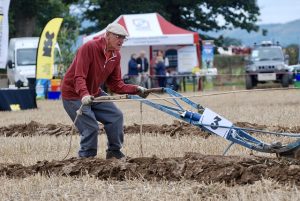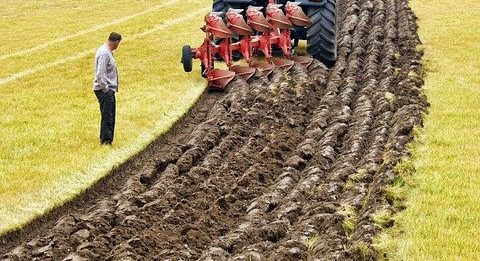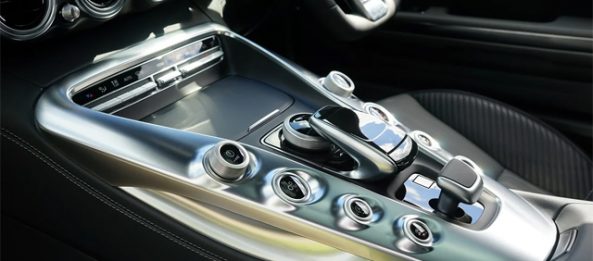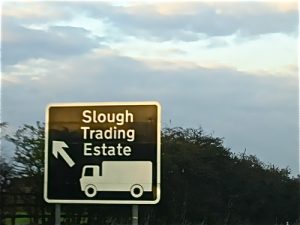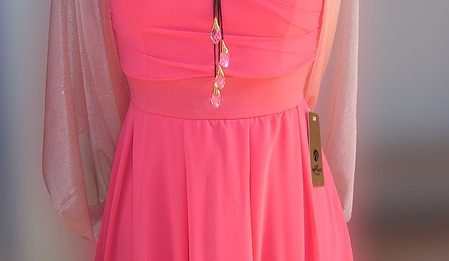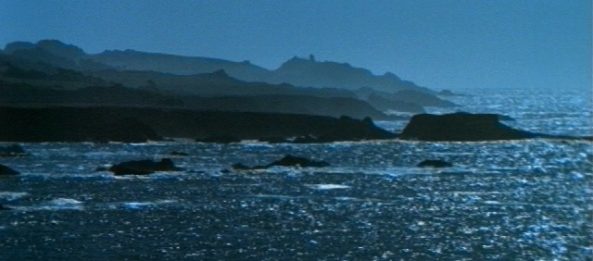And I’m still not ready,
when the day arrives,
and the alarm kicks me
out of bed.
I jump into faded denim jeans,
and second best runners,
and throw on a jacket
just in case.
“Sure it could come wet at the ploughin’.”
The neighbours have already left.
I fill the flask and grab the lunchbox
and the dark blue wellingtons,
I bought at the sale in Paul Byron’s
The day before.
Before I know it,
The early morning sun
Is flooding my eyes,
And Screggan is waking up
To the arrival of locals and strangers
And families and foreigners,
queuing to get through the barriers
“to make the most of the day at the ploughin’.”
The men in boots and wellingtons
And arthritic legs and walking sticks,
stand in admiration of the pedigree cattle,
and new breeds of sheep
never seen before.
No wool, no tails, no horns
with name they can’t pronounce
from countries never seen,
“By Jove you’d see strange things at the ploughin’.”
They saunter in groups,
And fill their pockets with brochures
And special offers,
For the day that’s in it,
And half listen to reps,
promoting minerals and vitamins
for guaranteed growth.
and it makes them hungry too
“and you can’t beat a good breakfasht at the ploughin’.”
The stands are surrounded
By girls and women and ladies
Sampling eye shadow and mascara
And buy one, get one free.
And the coat in the wooden hanger
“one size fits all” half price offer
And I wait in the queue
And it hasn’t fitted anyone yet
And it doesn’t fit me either.
And the assistant picks up her business card
“I have more online if you like to browse”
“Sound, I’ll check it out after the ploughing.”
There’s a bright yellow solus bag
Going free at the electric stand.
Well you wouldn’t be seen dead
Wearing it at home
But now it becomes the latest fashion accessory
You fill it with biros and keyrings,
And leaflets and brochures
And you enter competitions to faraway places
Never heard of before,
But you will hear of again
Because they now have your mobile and email
“Isn’t that the whole idea of taking a stand at the ploughin’.”
At midday I saunter over to Aldi
And get a selfie with Daithí
And taste the free food
And meet the neighbour that
I never meet at home
And the conversation moves
Through three generations
In thirty minutes
“and you could bump into anyone at the ploughin’.”
The men with the boots and wellingtons
Are now trying out the new machinery
And look at the size of that John Deere
And how in God’s name
Would it fit through the gap at home
If you could afford it
And the trailer to go with it
If you had enough grass to fill it.
And the sales rep says convincingly
“there’s a few thousand off today for the ploughin’.”
Evening sun sets in Screggan,
And the crowds dwindle
To get out before the rush.
I’m still browsing and I spot
The brown and cream scarf
That I have always wanted
Three for a tenner sounds good.
I wave to the camera on the way out
And hope I’ll be home in time to see myself
On television.
Walking across the car park,
Two farmers lament and moan
How everyone is carried away at the stands
“and sure no one goes to see the ploughing at all.”
Breda Hyland
